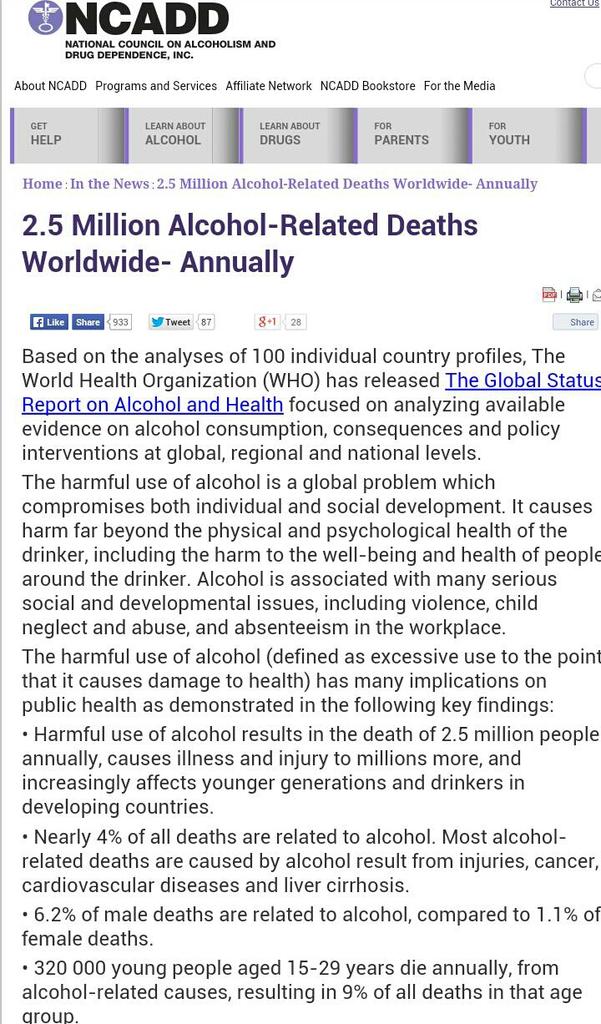Berita Terkait
- Anggaran DPR RI Tahun 2016-2018
- Kehadiran Anggota DPR Pada Masa Sidang Ke-2 Tahun 2017-2018
- Review Kinerja DPR-RI Masa Sidang ke-2 Tahun 2017-2018
- Fokus DPR Masa Sidang ke-3 Thn 2017-2018
- Konsentrasi DPR Terhadap Fungsinya Pada Masa Sidang ke - 3 Tahun 2017 – 2018
- Kehadiran Anggota DPR RI Masa Sidang ke-3 Tahun 2017-2018
- Review Kinerja Masa Sidang Ke-3 Tahun 2017-2018
- Konsentrasi DPR Terhadap Fungsinya Pada Masa Sidang ke - 4 Tahun 2017– 2018
- Peristiwa Menarik Masa Sidang ke-4 Tahun 2017-2018 (Bidang Legislasi)
- Peristiwa Menarik Masa Sidang ke-4 Tahun 2017-2018 (Bidang Pengawasan)
- Peristiwa Menarik Masa Sidang ke-4 Tahun 2017-2018 (Bidang Keuangan, Lainnya)
- Review Kinerja DPR-RI Masa Sidang ke-4 Tahun 2017-2018
- (Tempo.co) Kasus Patrialis Akbar, KPPU: UU Peternakan Sarat Kepentingan
- (Tempo.co) Ini Proyek-proyek yang Disepakati Jokowi-PM Shinzo Abe
- (Tempo.co) RUU Pemilu, Ambang Batas Capres Dinilai Inkonstitusional
- (Media Indonesia) Peniadaan Ambang Batas Paling Adil
- (DetikNews) Besok Dirjen Pajak Panggil Google
- (Tempo.co) Aturan Komite Sekolah, Menteri Pendidikan: Bukan Mewajibkan Pungutan
- (Rakyat Merdeka) DPR BOLEH INTERVENSI KASUS HUKUM
- (Aktual.com) Sodorkan 4.000 Pulau ke Asing, Kenapa Pemerintah Tidak Menjaga Kedaulatan NKRI?
- (RimaNews) Pimpinan MPR dan DPR akan bertambah dua orang
- (Warta Ekonomi) Jonan Usulkan Kepada Kemenkeu Bea Ekspor Konsentrat 10 Persen
- (Tempo.co) Eko Patrio Dipanggil Polisi, Sebut Bom Panci Pengalihan Isu?
- (TigaPilarNews) DPR Harap Pemerintah Ajukan Banyak Obyek Baru untuk Cukai
- (Tempo.co) Menteri Nasir: Jumlah Jurnal Ilmiah Internasional Kita Meningkat
Kategori Berita
- News
- RUU Pilkada 2014
- MPR
- FollowDPR
- AirAsia QZ8501
- BBM & ESDM
- Polri-KPK
- APBN
- Freeport
- Prolegnas
- Konflik Golkar Kubu Ical-Agung Laksono
- ISIS
- Rangkuman
- TVRI-RRI
- RUU Tembakau
- PSSI
- Luar Negeri
- Olah Raga
- Keuangan & Perbankan
- Sosial
- Teknologi
- Desa
- Otonomi Daerah
- Paripurna
- Kode Etik & Kehormatan
- Budaya Film Seni
- BUMN
- Pendidikan
- Hukum
- Kesehatan
- RUU Larangan Minuman Beralkohol
- Pilkada Serentak
- Lingkungan Hidup
- Pangan
- Infrastruktur
- Kehutanan
- Pemerintah
- Ekonomi
- Pertanian & Perkebunan
- Transportasi & Perhubungan
- Pariwisata
- Agraria & Tata Ruang
- Reformasi Birokrasi
- RUU Prolegnas Prioritas 2015
- Tenaga Kerja
- Perikanan & Kelautan
- Investasi
- Pertahanan & Ketahanan
- Intelijen
- Komunikasi & Informatika
- Kepemiluan
- Kepolisian & Keamanan
- Kejaksaan & Pengadilan
- Pekerjaan Umum
- Perumahan Rakyat
- Meteorologi
- Perdagangan
- Perindustrian & Standarisasi Nasional
- Koperasi & UKM
- Agama
- Pemberdayaan Perempuan & Perlindungan Anak
- Kependudukan & Demografi
- Ekonomi Kreatif
- Perpustakaan
- Kinerja DPR
- Infografis
(Tempo) Liquor Restriction

The government’s move to restrict the circulation of alcoholic drinks is considered as the right move.
The rapid growth of minimarkets in the country has expanded the circulation of alcoholic drinks to all corners of the cities.
Anyone, including teenagers and children under age, can purchase alcoholic drunks anytime, anywhere.
The restriction of the circulation of alcoholic drinks is stipulated by the Regulation of the Minister of Trade Number 6 of 2015 on the ban to sell alcoholic drunks at minimarkets and retailers.
The regulation took effect on April 16, 2015.
Under the regulation, alcoholic drunks may only be sold di supermarket and hypermarkets with a number of provision, among others consumers may not directly buy alcoholic drunks at supermarket and hypermarket.
Alcoholic drunks such as beer may only be taken by officials. And only those above 21 years old by showing their ID card may buy alcoholic drinks.
In the meantime, for the selling of alcoholic drunks in cafes and restaurants, alcoholic drinks may only be consumer on the spot and my not be brought home.
Exception is also given in tourist destinations such as Bali and minimarkets and retailers that get compensations to sell alcoholic drinks especially for foreign tourists.
In the past five years, the growth of minimarket business has been extraordinary.
The number of Indomaret & Alfamart outlets for example, has doubled into more than 9,000 outlets.
Every day, there are 2.7 Alfamart outlets and 2.5 Indomaret outlets are opened in Indonesia. Convenience store such as 7-Eleven mow has 170 outlets in its 6 years of operation.
However, it is lamentable that the rapid growth of minimarket business does not only bring positive benefits but also results in the free circulation of alcoholic drinks.
Oftentimes, especially during New Year’s Eve, alcoholic drinks of various brands are displayed freely in front of those convenience stores.
The ban based on age limit written on the package of those alcoholic drinks is no longer effective.
Nevertheless, under this regulation, the government can at least protect the people from the danger of consuming alcoholic drunks and prevent crimes committed by drunkards.
The rampant motorcycle thefts recently have been considered to be one of the consequences of the free circulation of alcoholic drinks.
The central government must work with regional governments and the police to ensure that the implementation of the regulation is effective.
The government must also impose a strict sanction, for example by revoking business permit or imposing heavy fines, if owners of a minimarket or retailers continue to sell alcoholic drinks.
In addition, the government also has to weigh the possibility of teenagers turning to bootleg alcoholic drunks after beer and alcoholic drinks are getting more and more difficult to buy.
This condition will be clearly detrimental because death victims from the consumption of bootleg alcoholic drinks have reached hundreds of people.
Preventive measures should be a better choice than doing repressive actions if alcoholic drunks continue to be freely circulated.
origin source: http://en.tempo.co/read/news/2015/04/20/080659021/Liquor-Restriction
other coverage about liquor restriction
http://wikidpr.org/news/
http://wikidpr.org/news/wsj-
http://wikidpr.org/news/